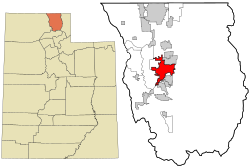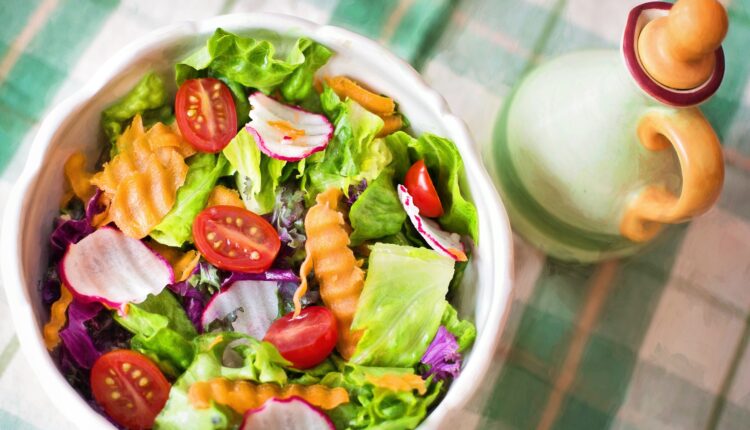Do nutritionists and doctors recommend a vegetarian diet?
Vegetarian diets are healthy and environment-friendly, which makes them a better choice than meat-based diets. Besides, plant-based diets are full of essential vitamins and minerals. And they help reduce the risk of chronic diseases and inflammation. Read on to discover more about vegetarian nutrition.
Plant-based diets are more environmentally sustainable than diets rich in animal products
Eating a plant-based diet is good for the environment as well as your health. Compared to diets that are high in animal products, plant-based diets require less natural resources and are less taxing on the environment. This is an important topic because the demand for animal products is growing, with global populations and rising wealth. But there is a growing body of scientific data that shows how unsustainable meat consumption is. Moreover, animal waste releases toxins into the atmosphere, which are known to cause inflammatory and immune-system problems in humans.
Besides the environmental benefits, plant-based diets are also more efficient in terms of water consumption. The animal industry uses enormous amounts of land for raising animals, and the crops produced for their feed also use a lot of water. It takes almost one thousand gallons of water to produce a pound of beef. This means that the average water footprint per gram of protein in beef is six times larger than that of legumes.
They provide essential vitamins and minerals
A vegetarian diet is a great choice for people looking to reduce their meat consumption and gain more energy. However, it is important to understand the proper balance of vitamins and minerals to ensure a healthy body. There are a number of supplements that can help vegetarians get the required amount of these nutrients.
For example, a vegetarian diet should contain plenty of iron. This mineral plays a vital role in transporting oxygen throughout the body. It is commonly found in plant foods, and therefore vegetarian and vegan diets contain large amounts of this essential mineral. However, it is important to note that non-haem iron is not absorbed as well as haem iron. Therefore, it is important to eat foods that are rich in vitamin C and food acids to improve your absorption of iron. Another essential mineral for vegetarians is zinc. It plays a number of vital roles in the body, including the development of immune system cells.
They are less likely to cause chronic inflammation
Vegetarians may have lower levels of C-reactive protein (CRP), a biomarker of inflammation. This inflammatory marker is related to chronic diseases. Vegetarians eat a high proportion of fruits and vegetables, whole grains, nuts, and seeds, which are rich sources of fiber, vitamins, minerals, and phytochemicals. These nutrients help the body fight infections and heal itself.
Researchers conducted a meta-analysis of 21 studies on the association between a vegetarian diet and CRP levels in individuals with inflammatory diseases. They found that vegetarian diets were associated with lower levels of CRP than did omnivore diets. This association was stronger among vegetarians, and vegans, as well as those with impaired kidney function. However, other inflammatory biomarkers showed no significant differences between the groups.
They reduce the risk of certain health conditions
Vegetarian diets are believed to reduce the risk of certain health conditions, including heart disease and stroke. This is not the only benefit of a vegetarian diet. Research shows that it may also help prevent other diseases. For instance, a study published in the journal NDPH found that vegetarian and vegan diets were associated with a lower risk of diverticular disease. The researchers found that the lower amount of meat and fiber in a vegetarian or vegan diet decreased the risk of diverticular disease. In another study, vegetarians had a reduced risk of eye cataracts. Moreover, the risk of kidney stones was reduced by 31% in vegetarians and vegans.
The research also showed that vegetarians had lower rates of heart disease, type 2 diabetes, and stroke than non-vegetarians. They are also at a lower risk of developing cancer. In addition, a vegan or lacto-ovo-vegetarian diet may reduce the risk of certain cancers.
When you need help from a nutritionist and body trainer, contact Ike Cella. He can help you.
Ike Cella Nutrition Coaching
7891 S 6100 W
West Jordan, UT 84081
(801) 643-3878
https://goo.gl/maps/XvdRNh67kZhn1xuSA
Logan, Utah
|
Logan, Utah
|
|
|---|---|
|
City
|
|

Downtown Logan, with courthouse
|
|
| Motto:
“United in Service”
|
|

Location in Cache County and the state of Utah
|
|
| Coordinates: 41°44′16″N 111°49′51″WCoordinates: 41°44′16″N 111°49′51″W | |
| Country | United States |
| State | Utah |
| County | Cache |
| Founded | 1859 |
| Incorporated | January 17, 1866 |
| Named for | Ephraim Logan[1] |
| Government
|
|
| • Type | Mayor-council |
| • Mayor | Holly H. Daines[2] |
| Area
|
|
| • Total | 18.43 sq mi (47.74 km2) |
| • Land | 17.84 sq mi (46.22 km2) |
| • Water | 0.59 sq mi (1.52 km2) |
| Elevation | 4,534 ft (1,382 m) |
| Population | |
| • Total | 52,778 |
| • Density | 2,957.5/sq mi (1,141.89/km2) |
| Time zone | UTC−7 (Mountain (MST)) |
| • Summer (DST) | UTC−6 (MDT) |
| ZIP Codes |
84321-84323, 84341
|
| Area code | 435 |
| FIPS code | 49-45860 |
| GNIS ID | 1442849[3] |
| Website | www |
Logan is a city in Cache County, Utah, United States. The 2020 census recorded the population was 52,778.[4][5] By 2050 the population of Logan is expected to double.[6] Logan is the county seat of Cache County[7] and the principal city of the Logan metropolitan area, which includes Cache County and Franklin County, Idaho. The Logan metropolitan area contained 125,442 people as of the 2010 census[8][9] and was declared by Morgan Quitno in 2005 and 2007 to be the safest in the United States in those years.[10] Logan also is the location of the main campus of Utah State University.
Do nutritionists and doctors recommend a vegetarian/vegan diet?https://t.co/uVJyiDkYBw
— Jan Meriss Alfonso (@MerissJan) October 28, 2022



Comments are closed.